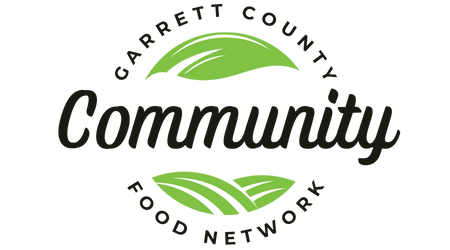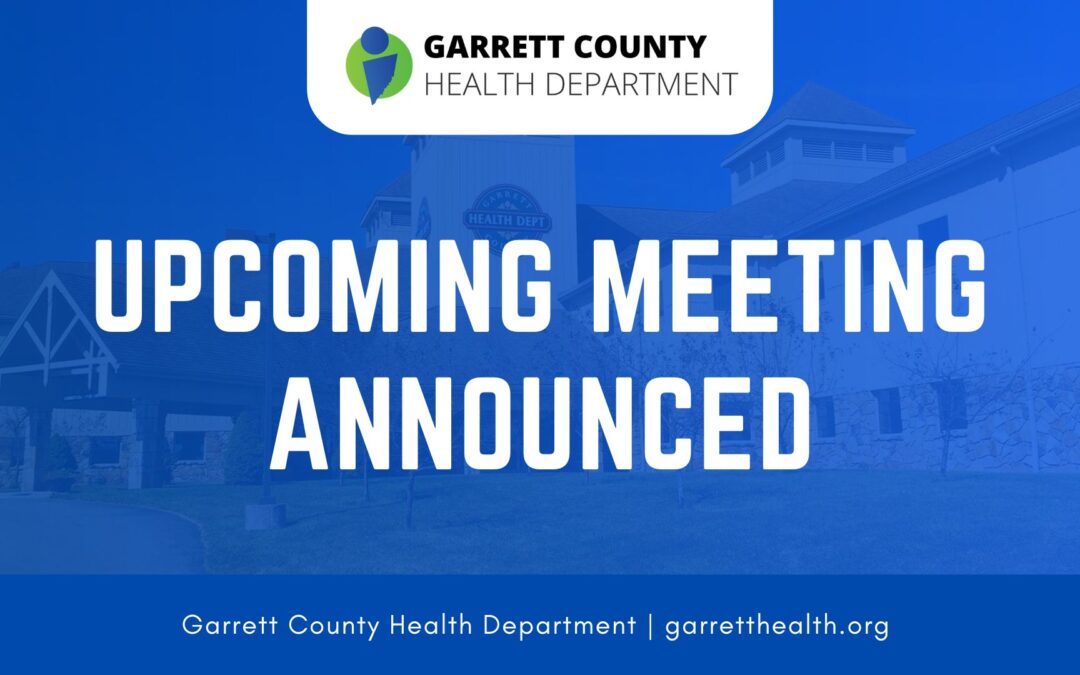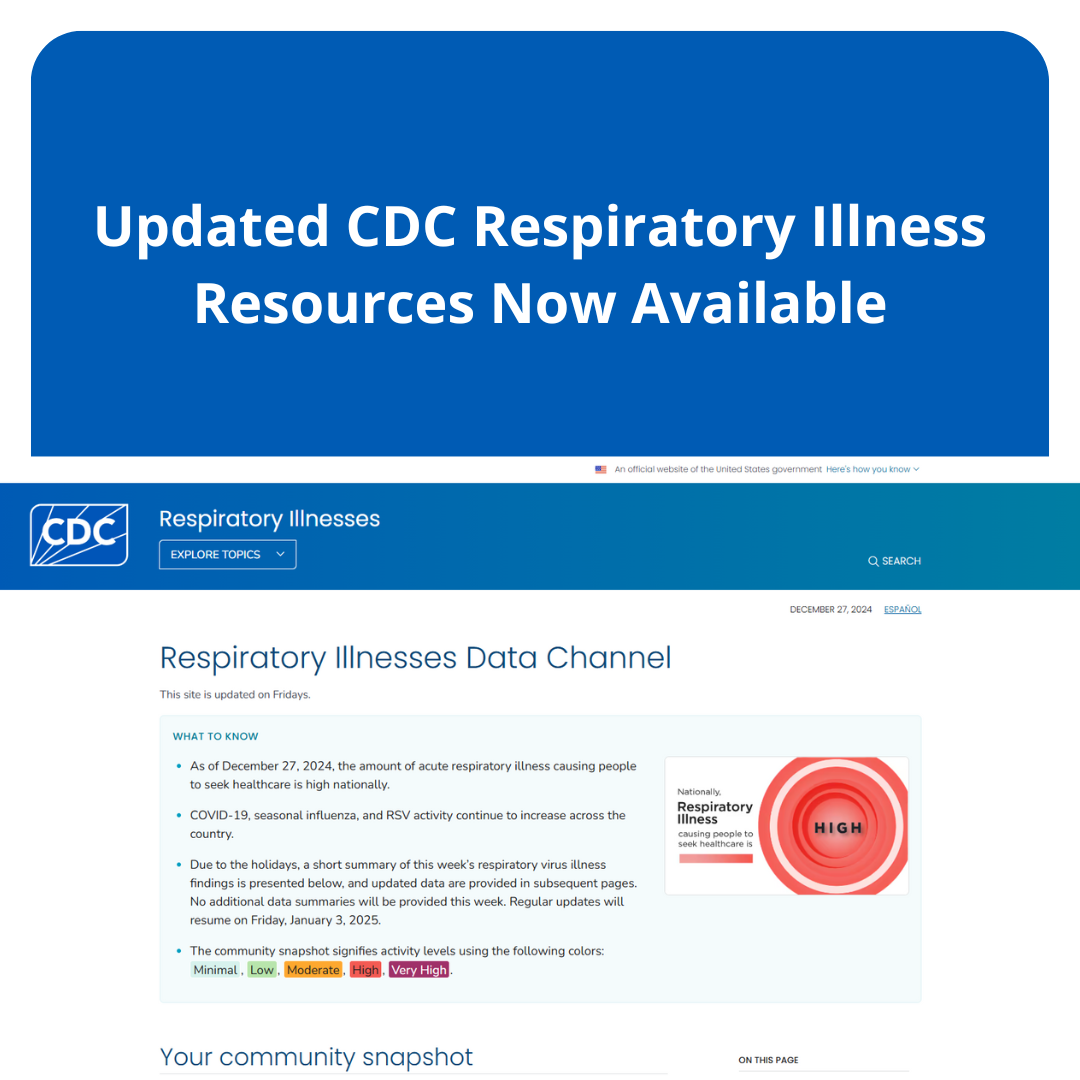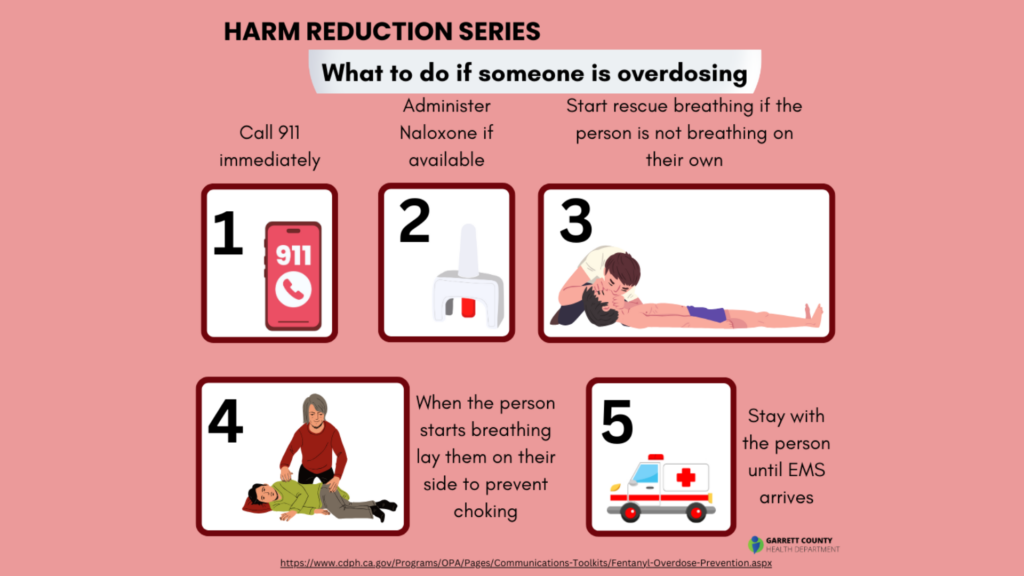The next Child Fatality Review (CFR) meeting will be held on June 10, 2024, and will consist of an Open & Closed Session. The public is welcome and invited to attend the Open Session from 1:00 pm-1:45 pm. There will be an opportunity during the Open Session for public comment. The Closed Session of the meeting is by invitation only and will begin promptly at 1:45 pm.
Meeting Location: Garrett County Health Department, 1025 Memorial Drive, Oakland, MD 21550 (1st floor -Conference Rooms B & C)
The meeting is also available via virtual platform. For more information on virtual attendance, call 301-334-7720.
AGENDA: https://garretthealth.org/wp-content/uploads/2024/06/CFR-Meeting-Agenda-June-10_2024.pdf
About the Garrett County Child Fatality Review Meeting:
Child Fatality Review is mandated by the Code of Maryland Regulation, which requires both an open and closed meeting. The open portion of the meeting is attended by various professional disciplines and consumers from the community. The ultimate aim of this group is to prevent child fatalities by facilitating mindful discussion, review of pertinent statistics, innovative strategies, and collaborative engagement.
The closed portion of the meeting is by invitation only to protect the privacy and confidentiality of the child and family. The primary goal of a CFR is to prevent future deaths by identifying risk factors, patterns, and systemic issues that may have contributed to the child’s death. Child Fatality Review (CFR) is a systematic process used to examine the circumstances surrounding the death of a child. Information related to the child’s death is collected from various sources and discussed by this small committee to determine if there are contributing factors that may explain the outcome. The sole purpose of the meeting is to develop recommendations for prevention and improvement in systems and services. These strategies may include public health awareness activities, changes in policy or legislation, or professional development.
- 52 Weeks of Prevention – Week 33 - February 28, 2025
- Featured Today on Go! Garrett County: Kayla Sines Signed Up For Go!+ And Won A Prize! - February 28, 2025
- Featured Today on Go!+: Physical Activity Funding Awards Available - February 27, 2025










